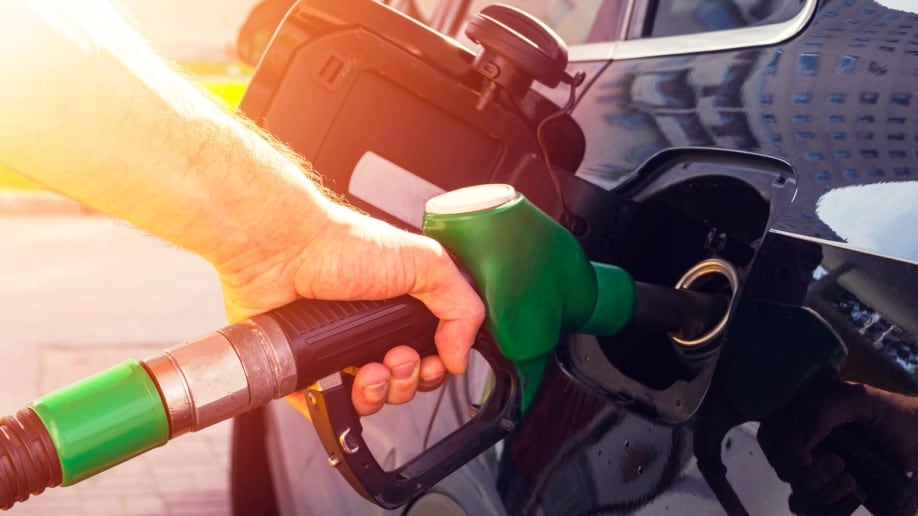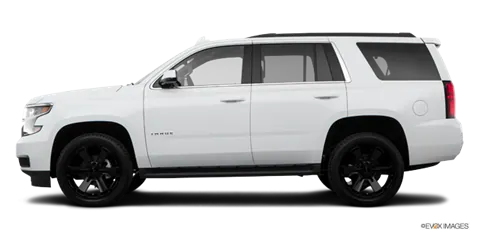Diesel gas, more appropriately called “diesel fuel,” is a petroleum or biomass materials derivative used to power diesel engines. According to the U.S. Energy Information Administration (USEIA), “Diesel fuel is the common term for the distillate fuel oil sold for use in motor vehicles that use the compression ignition engine named for its inventor, German engineer Rudolf Diesel. He patented his original design in 1892. Diesel fuel is refined from crude oil and from biomass materials.”
Vehicles with internal combustion engines typically operate on one of two types of fuel: gasoline or diesel gas. One critical distinction between the two fuels is that diesel burns differently than gasoline. Gasoline engines use a spark plug to ignite the fuel and air mixture; diesel engines use heated compressed air for ignition.
MORE: What Happens if You Put Diesel in a Gas Car?
Diesel-powered vehicles are usually more economical than those running on gasoline. This increased fuel economy results from higher energy content and efficiency. Additionally, modern diesel gas is more environmentally friendly because of its lower additive content and shorter refinement process, resulting in fewer greenhouse gases emitted from its creation and consumption. In the U.S., all diesel approved for on-highway use is ultra-low sulfur diesel (ULSD), remedying one of diesel’s chief polluting issues.
Compared to gasoline, diesel is denser, less flammable, and less volatile. As a result, diesel gas is usually more efficient, particularly when confronting heavy loads. Diesel engines create more torque than similarly sized gasoline engines, so diesel-powered engines are the choice for some pickup truck buyers.

















